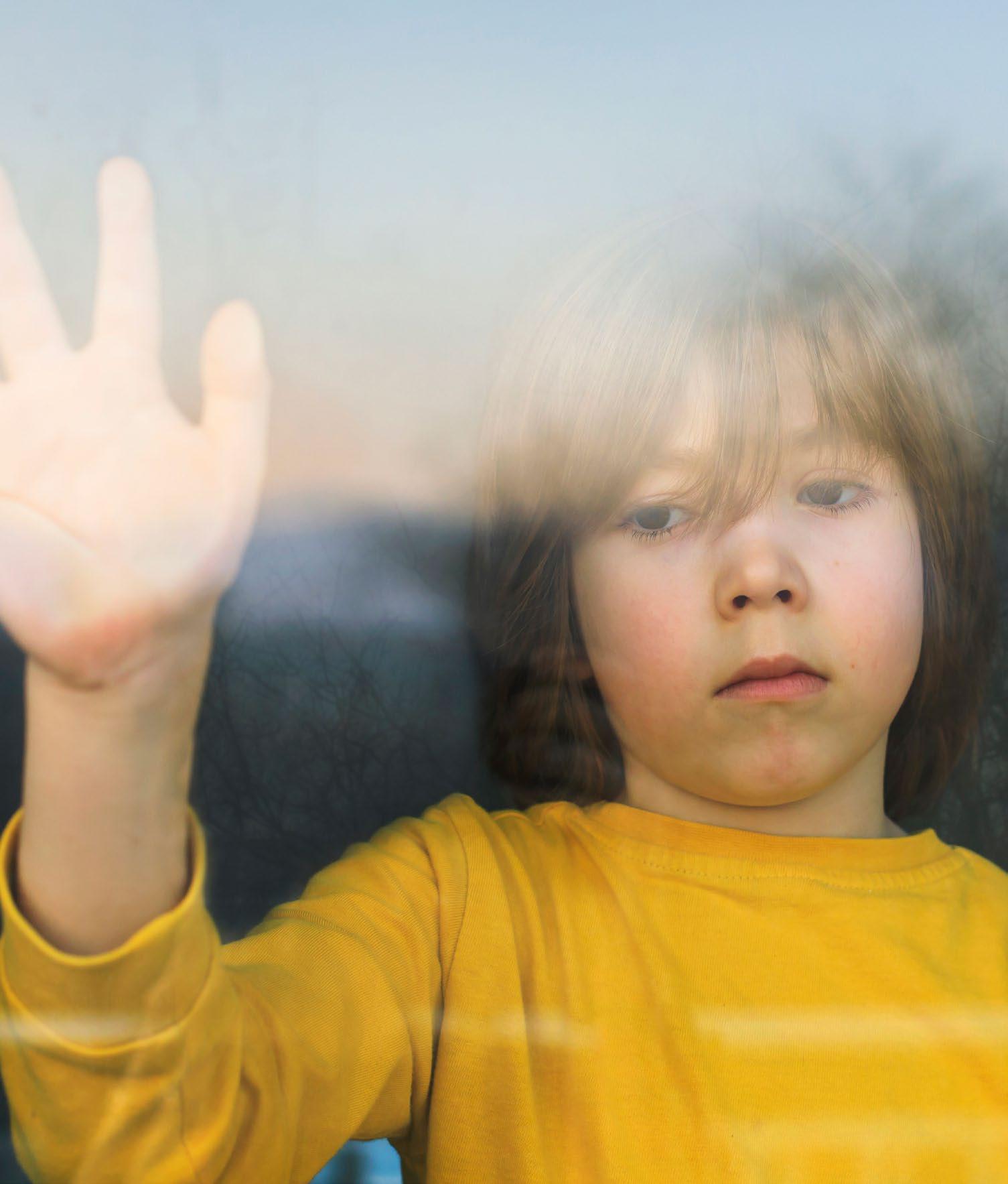
5 minute read
PEER PRESSURE
Doing the things you wouldn’t normally do
By Elizabeth MacGregor
Advertisement
Elizabeth MacGregor is a former educator and a regular contributor to SideOne.
What if you made an appointment with a professional and, upon arrival, notice almost none of the typical pandemic precautions are evident – other than mask wearing? You saunter in, confident in the safety of the office since you have been a patient for a long time. Then it dawns on you that something is not right. You are whisked into the professional’s tiny office and succumb to an examination – the optometrist’s face very close to yours, wearing an ill-fitting mask.
We know it’s not right, yet we stay. Why would we put ourselves at risk even when we are not inclined to take chances?
In society, there are many occasions when we participate because we have always done so, or because to refuse centres you out as the “other.” Human beings prefer to go along with the majority.
GRAD PRANKS
An example of this phenomenon occurred in a school where I worked. When June arrived, so did grad pranks. Having caused physical damage to the building in the past, these pranks were discouraged by the school administration.
One sunny June morning, we arrived to discover crickets chirping throughout our offices, and windows covered in goop and nasty sayings. The principal tried to speak to the seniors, but was met with a sit-in. The group was rude, dismissive and refused to budge. As their young faces looked up at us, I was stunned that this group who had been so privileged in our school – star athletes, kids lauded with scholarships, trips and other perks – would cause this chaos in their school. They wanted free rein to do what they wished.
Looking over the group, I was surprised at who was taking part. Yes, the ringleaders were predictable, but many others were school leaders, seemingly caught up in this activity, not wanting to be left out.
THE LIVE CHICKEN
When a live chicken, hidden in a backpack, was discovered, the day took a turn. Those responsible were brought into the principal’s office and parents were called. The poor chicken lived, but after spending a long time being passed from one student to the other in the backpack, no light, no water, on an extremely hot day, it was distressed.
As the guidance counsellor to some of these students, my phone started ringing. Parents were furious that their child had been disciplined – worried that a late-in-the-year school suspension would affect their entrance to university.
“Boys will be boys” was a refrain I heard too often, to excuse bullying, to excuse participation in meanspirited activities.
The above examples show the ways people change their behaviour because of the presence of others. This is what scientists call social influence. “We are finely tuned to the people around us, relying on each other for cues about how to behave so that we can efficiently navigate our social environments. The influence of others is so pervasive that we can experience it even when there is no real person there; we’ll adjust our behaviour in response to an implied presence.” according to exploratorium.edu, an exploration project delving into human social interactions.

OTHERS INFORM OUR BEHAVIOUR
We seek social proof and look at how others are behaving to inform our own behaviour. Psychology Today, May 24, 2017, cites an experiment in which participants from France held a tentative consensus
on a topic. Participants “became more extreme in their opinions after a group discussion. Group consensus seems to induce a change of attitude in which subjects are likely to adopt more extreme positions. When we see our uncertain opinions reflected back to us, our beliefs strengthen.”
Perhaps this phenomenon was partly responsible for the group attack on the Capitol building in the United States. Extreme views can gain credibility if enough of our peers agree with us. The Trump years showed how nonsensical, supposed facts could get traction in their society and create hatred, increase racial tension and divide the country into them and us.
SOCIAL MEDIA AND PEER PRESSURE

Social media is rife with peer pressure and bullying. For example, cosmetic companies use influencers to increase sales. Simply expressing a positive opinion about a product can cause it to sell out immediately, and if anyone should then question the quality of it in their online comments, scorn and abuse is heaped on the honest consumer.
Group opinion shifts, based on the strength of the social influence of the person posting. Influencers
are paid well because they can control the buying habits of their followers and cause shelves to empty quickly. The victims of influencer online bullying are made to feel sidelined, belittled and encouraged to either change their opinion or leave the group.
Facebook, Twitter, Instagram, and others are popular because of social influence. We post and then we await the opinions of others. In the journal Psychological Science, a 2016 study found that “viewing photos with many likes was connected to greater activity in parts of the brain associated with imitation. We are being influenced at a level that’s beyond our conscious awareness.”
Sharing positivity can help us with our social media experiences, as can logging off every so often. If we find ourselves in a group setting, be it in an office, a school, or online, and we are not comfortable with how the group is behaving, a few deep breaths, time out to explore how this is making us feel, and the courage to stand up for our own opinions should allow us to walk out of a situation that could put us in a compromised and potentially life-threatening situation.










